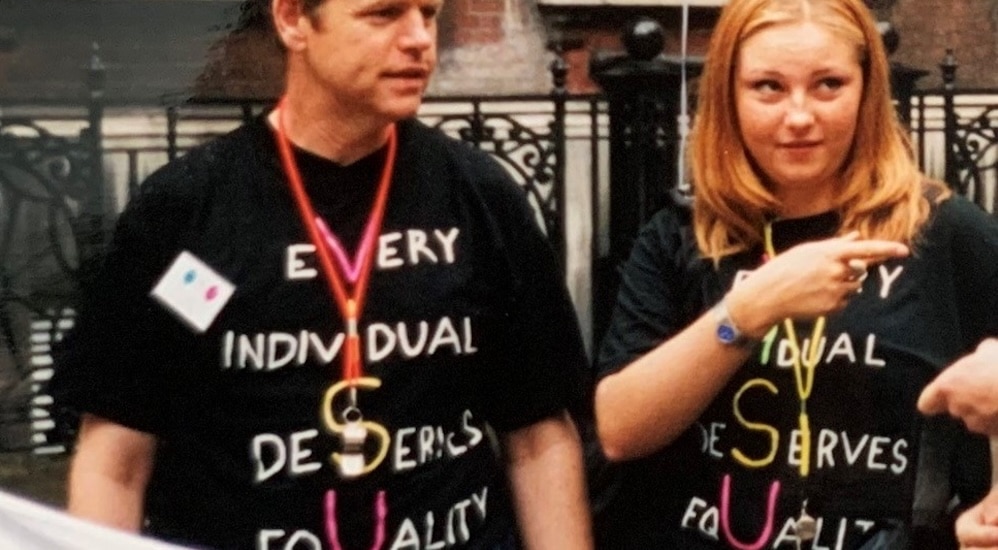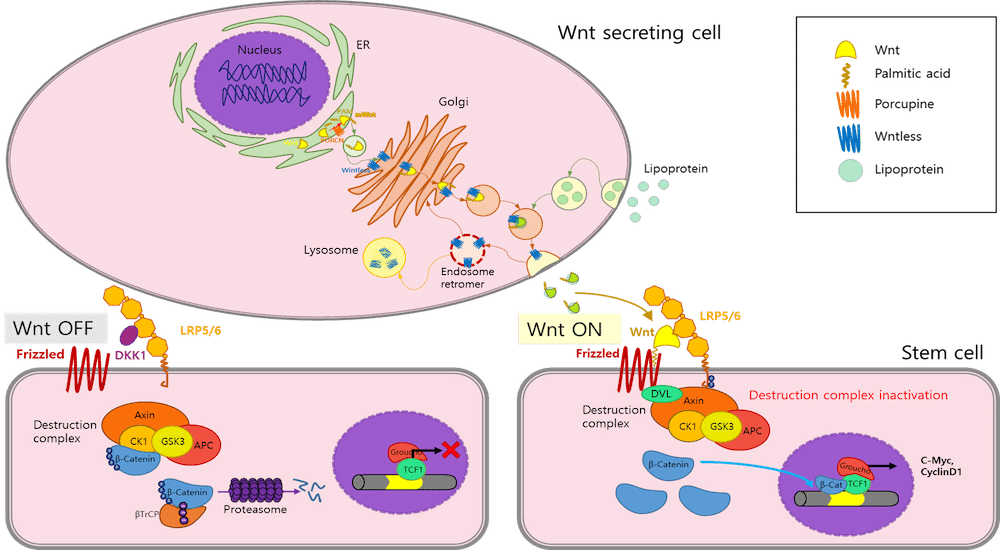Vietnam veteran turns drinking straw into an innovative stent for aural atresia
inventions
A resourceful retired Carolina serviceman who experienced hearing loss due to a collapsed ear canal has achieved Food and Drug Administration approval for his own personal use of a 3D-printed stent initially fashioned from a drinking straw. Further research and tests may see the stent become widely available as a medical device.

Mr. Michael Nicoletti's engineering skills as a former veteran who fought in the Vietnam War have come in handy with his own hearing loss. His inventiveness may yet benefit countless patients whose ear canals have collapsed, causing a hearing impairment. Time will tell, but for now the US media has been celebrating Nicoletti's gumption and enterprise.
Currently 76, the old soldier's hearing loss came on gradually, reaching a common tipping point when his bumping up the TV volume became a family issue. He walked pensively into his kitchen, noticed a stack of drinking straws, and wondered what would happen if he cut one into pieces and inserted those into his ears. He found that, using this homemade method, he could reduce the TV volume by half and hear it well.
A subsequent visit to an audiologist in Charleston, South Carolina—who was naturally alarmed by the straw solution—revealed that Nicoletti's ear canals were collapsing, a condition known as aural atresia. It felt like wearing earplugs, he said.
Although surgery is a standard fix, Nicoletti was not keen. He and his audiologist, Dr. Kent Flanagan, talked and agreed to develop the idea of a stent to keep the canal open, their next move taking them to the manager of the Charleston Veterans Affairs (VA) 3D-printing lab, Nikki Beitenman. She and the flexibility of 3D printing helped them develop and try out a number of different stent designs until a finished product was ready…and at a cost of just 64 cents per pair of plastic stents!
It took some months for the FDA to grant compassionate use approval—for Nicoletti alone—for a 3D-printed medical device. This was an important move, it being the first time the FDA has granted compassionate use authorisation to VA, which may help the organisation address patient-specific medical needs unmet by off-the-shelf products.
Development and widespread manufacture of the stents, if it comes, could help many older adults avoid surgery for aural atresia.
Source: TODAY/Nextgov


